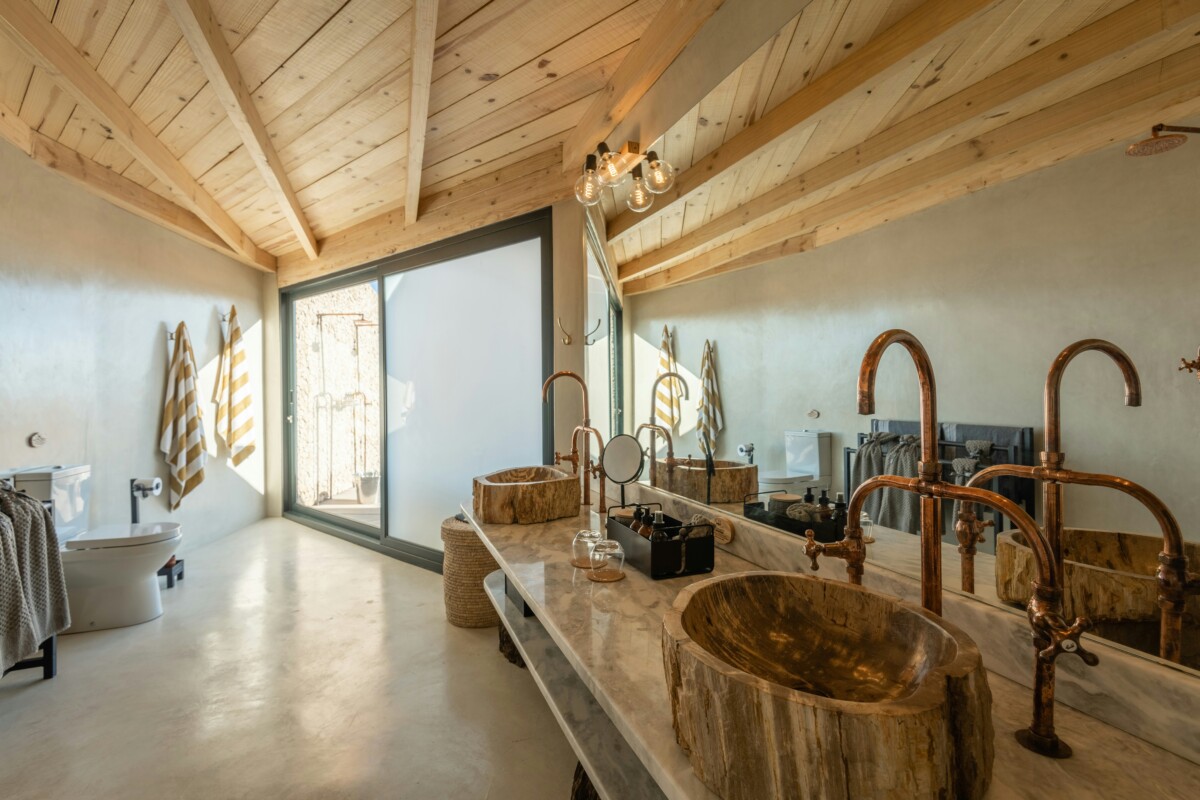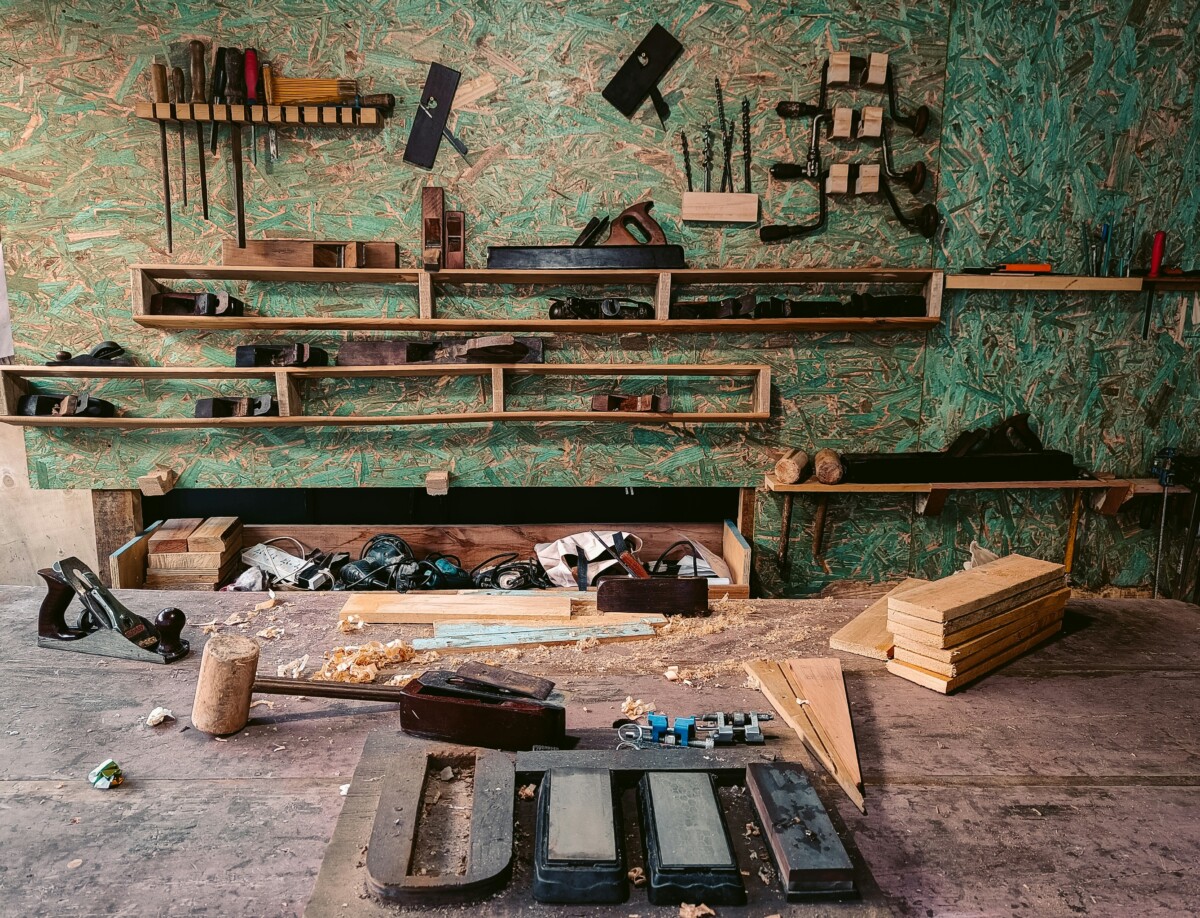Listen to the full podcast episode on YouTube, Spotify, and Apple Podcasts.
“People still think sustainability is a cost,” she tells The Responsible Edge. “But it’s a strategy for long-term relevance.”
🛋️ Sustainability’s Image Problem
Let’s be honest: in the interiors world, luxury has long been defined by newness. A redesigned kitchen, a showroom-fresh sofa, or a perfectly curated look. As Mirry explains, this traditional mindset often clashes with a planet in crisis.
“Sustainability still gets shrugged off as second-best or second-hand,” she says. “But increasingly, it’s becoming an additional value add—something people are proud of.”
The challenge? Convincing both clients and interior designers that responsible design doesn’t mean compromising on beauty or luxury. That requires education, better data, and most importantly, better storytelling.

🎯 Key Challenges in Sustainable Interiors
Mirry pinpoints five friction points currently hampering progress:
-
📦 Packaging & Waste – Furniture needs serious protection in transit, often creating mountains of non-recyclable waste.
-
🛋️ Big Format, Big Emissions – Think sofas, dining tables, lighting—hard to move, store, or dispose of sustainably.
-
🔥 Sofa Safety Regs – UK fire safety rules make recycling upholstered furniture a nightmare.
-
🧾 Transparency – Designers are often in the dark about supply chains. Brands need to give them better product data.
-
💰 The Perception of Cost – Many still believe sustainability must be more expensive, which simply isn’t true.
“There are huge opportunities for brands that get ahead of this,” she argues. “If you build with transparency, you build loyalty, and that builds long-term commercial value.”
🌱 Meet the Green Room
To help tackle some of these barriers, Mirry co-founded The Green Room with Jules Haines (of Haines Collection). What began as a casual pub chat with a few industry peers has grown into a thriving forum of over 50 interiors brands—big and small—committed to sharing knowledge, cutting corners (ethically), and ditching the industry’s culture of secrecy.
“No question is too stupid in the Green Room,” Mirry jokes. “We get everyone round the table—literally and figuratively—to learn from each other.”
Roundtables, webinars, open-source guides: The Green Room is what the interiors industry desperately needed—somewhere to find inspiration and practical help.

🔮 What’s Next? (And What Keeps Her Going)
At B·ABLE, Mirry works with SMEs across industries, but interiors remains close to her heart. Her goal? Empower teams to act, not just outsource sustainability to one poor soul in the comms department.
“99% of UK companies are SMEs. They don’t have ESG teams. They need simplicity, structure and clarity—and someone to help them communicate it all properly.”
She hopes the long-term legacy of her work will be a generation of brands that don’t just market responsibility—they practice it, collaboratively.
And if she had a magic wand?
“I’d change the perception of sustainability. It’s not a tick box. It’s a growth strategy. It’s your best chance to thrive.”
Sponsored by...
truMRK: Communications You Can Trust
👉 Learn how truMRK helps organisations strengthen the credibility of their communications.
Want to be a guest on our show?
Contact Us.
The Responsible Edge Podcast
Queensgate House
48 Queen Street
Exeter
Devon
EX4 3SR
Recognition.
Join 2,500+ professionals.
Exploring how to build trust, lead responsibly, and grow with integrity. Get the latest episodes and exclusive insights direct to your inbox.
© 2026. The Responsible Edge Podcast. All rights reserved.
The Responsible Edge Podcast® is a registered trademark.
Sponsored by truMRK
© 2026. The Responsible Edge Podcast

